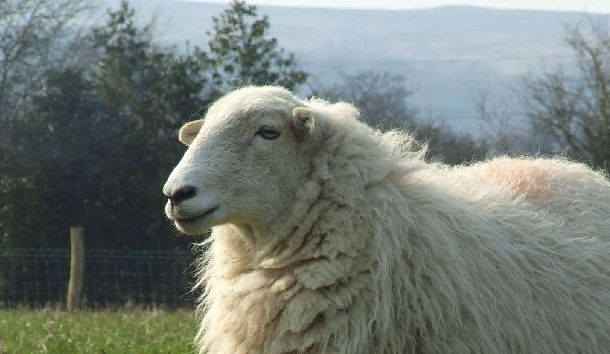Brecon & Radnorshire was an encounter battle, unplanned and unwanted. This obscure border constituency has just seen a by-election whose occasion was absurd—the sitting MP was recalled after some minor expenses claims transgressions and was allowed by his Conservative party to stand again—but which, as is the way with more famous encounters, stood for much greater issues. The rain-drenched Welsh hills provide the finest lamb in the world; the sheep munch high-grade chlorophyll much appreciated on the Continent where 95 percent of the product is exported. The Bordelais insist on Welsh lamb for their feasts. Sheep, which five centuries ago were prized above all for their wool, making the fortunes of Princess Diana’s Spencer family, are now actually eaten. This happy trade is however threatened by a No Deal exit of Britain from the EU, which might well mean that the Welsh farmers face steepling tariffs once the UK is out of the EU customs union. These same farmers, taking alarm, have now voted against the Conservatives and elected a LibDem, the only major party which is steadfastly Remainer. Worse, though the Conservatives came second, Nigel Farage’s Brexit Party came a respectable third. This hellish result means that a Conservative-BP pact or understanding would comfortably have won the Brecon by-election. Both parties want to leave the EU. But can a deal be done? On what terms can Boris Johnson and Nigel Farage come together? Farage wants above all representation in Westminster, and this can only be had at the expense of the Conservatives. When a general election comes, which is likely in 2019, Farage wants the Tories to stand aside in some Northern seats, leaving BP with excellent chances of gaining representation in Westminster. Boris has ruled out any kind of non-aggression pact. But the obituaries of Ross Perot, who died the other week, are a reminder of the damage an outsider candidate can inflict on a major party.
Meantime, the Tories now have a majority of one. This startling fact does not matter at the moment, because there is no Parliament in which they can be defeated. Parliament returns from its summer recess at the beginning of September, when anything could happen including a vote of confidence and a general election. In even routine motions the Government is vulnerable. Can we assume that Theresa May will turn up on the day and vote the party ticket on behalf of the man who displaced her? Then there is the role of President Trump to consider. He gets on well with Boris and Nigel and could act as the honest broker between their competing claims. There is no question that Trump, unlike his predecessor, is strongly in favour of Brexit and will do all he can to facilitate it. Already high-level talks have started between Boris’s administration (Liz Truss, Chief Secretary to the Treasury, is headed for Washington) and the U.S. She has already had talks with the US Ambassador in Britain, Woody Johnson. Boris himself will be flying over soon; I would think that Florida is more likely than Washington. Great events are on the move, accelerated by a naive expenses mini-scandal and a local association that stood by their damaged man. We are close to a political crisis in Britain, and I name as the casus belli the sheep grazing on Welsh hill-farms.

Leave a Reply